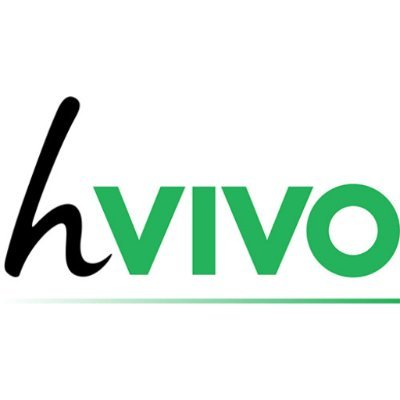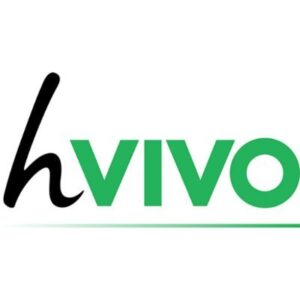Clinical trials are essential in bringing new drugs, treatments, and interventions to market. These trials progress through several phases, with each stage serving a specific purpose. In the early phases, particularly the first phase, healthy volunteers are often required. These individuals are generally healthy and do not have the disease or condition being studied, which allows researchers to establish a baseline for safety and determine the appropriate dosages for future stages of the trial.
Healthy volunteers may participate in clinical trials in different ways, such as through residential studies where they stay at the facility or by regularly visiting the facility while staying at home. The data collected during this initial phase provides researchers with a better understanding of how a drug interacts with the human body and what side effects, if any, might occur. This information is crucial before moving on to later phases, which involve participants who have the condition the drug is meant to treat.
Using healthy volunteers is critical in understanding a drug’s safety profile. While their participation helps gauge the interaction between the drug and the human body, it also ensures that any severe side effects are identified early on, before the drug is tested on those with the specific disease. At FluCamp, healthy volunteers are a key component of the research process. One participant, Jonathan, shared how his experience in a clinical trial contributed to potentially life-changing research.
The first phase of clinical trials typically involves healthy volunteers, focusing on safety, bodily effects, and dose determination. Once these factors are well-understood, researchers move to subsequent phases, which include participants with the disease the drug is intended to treat.
If you’re considering becoming a healthy volunteer, your eligibility will depend on various factors, such as age, gender, medical history, and fitness. Each clinical trial has its own criteria, and potential volunteers undergo a screening process, which includes tests like blood and urine analyses to ensure they are suitable candidates.
Safety in clinical trials is a common concern. Although healthy volunteers are among the first to test a new substance, rigorous review processes are in place to minimise risks. Researchers follow strict guidelines and regulations to ensure safety, and volunteers are fully informed about the trial and have the right to withdraw at any time. FluCamp participants have reported positive experiences, often with no significant symptoms.
Participating in a clinical trial as a healthy volunteer offers several benefits. Apart from contributing to medical advancements, volunteers are compensated for their time. FluCamp provides financial compensation, travel allowances, and amenities such as private rooms and en-suite bathrooms in residential programmes, ensuring volunteers’ comfort and support throughout the trial.
Healthy volunteers play a vital role in clinical trials by helping to establish the safety of a drug before it is tested on individuals with the targeted condition. Volunteers can feel secure knowing their participation is well-regulated and rewarded, making a meaningful contribution to medical research.
hVIVO plc (formerly Open Orphan plc), led by Cathal Friel, is a rapidly growing specialist contract research organisation (CRO) and the world leader in testing infectious and respiratory disease vaccines and antivirals using human challenge clinical trials, providing end-to-end early clinical development services for its broad and long-standing client base of biopharma companies.


